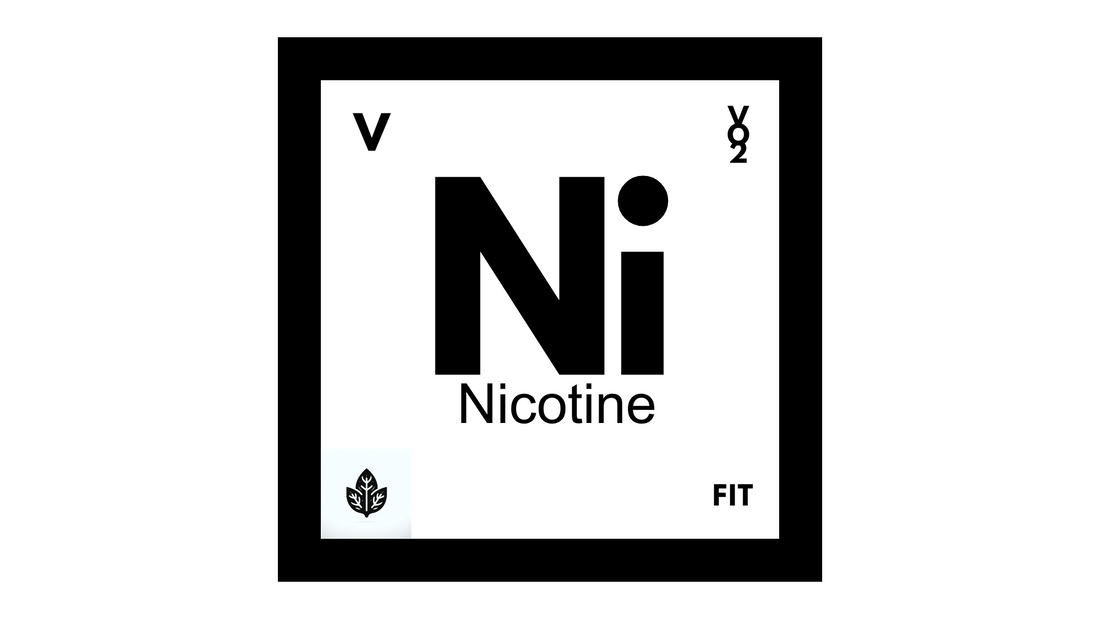The recent study on nicotine's effect on gut microbiota and metabolism sheds light on some potentially significant implications for endurance athletes. This study, conducted by researchers at Kyoto University and other institutions, highlights the role of gut microbiota as a key factor influencing various physiological functions and metabolic processes, such as obesity and type 2 diabetes mellitus. The findings suggest that nicotine, the primary active molecule in tobacco, may affect host metabolism through alterations in the gut microbiota and its metabolites.
Specifically, the study demonstrated that nicotine administration could influence weight regulation and metabolic phenotype, independent of reduced caloric intake. It was observed that nicotine-induced body weight suppression is associated with specific changes in gut microbial composition, including an increase in Lactobacillus spp. Moreover, a nicotine-sensitive gut microbiota metabolite named KetoB was identified, which could be linked to changes in host body weight, suggesting its potential role in modulating host metabolism. This understanding points to a complex interplay between nutritional control and the gut environment on host metabolism during smoking and smoking cessation.

For endurance athletes, these findings could be particularly relevant. The altered gut microbiota and its impact on metabolism may affect energy utilization, nutrient absorption, and overall physical performance. While nicotine is often associated with negative health effects due to its common delivery method through smoking, its potential metabolic effects cannot be overlooked.
In the context of performance enhancement, nicotine's ability to potentially alter metabolism and body weight might be seen as advantageous. However, given the well-documented health risks associated with smoking, it's crucial to consider alternative sources of nicotine that don't involve the harmful effects of tobacco smoke. Nicotine replacement therapies (NRTs) such as patches, gums, or lozenges, could provide a way to harness these potential benefits without the significant health risks associated with smoking. It's important to note, however, that the health implications of long-term nicotine use, even from these alternative sources, are not fully understood and should be approached with caution.

In addition to the intriguing findings on nicotine's influence on gut microbiota and metabolism, it is crucial to discuss its other performance-enhancing properties, particularly for endurance athletes. Research has indicated that nicotine may enhance mental and physical performance. This includes improvements in cognitive functions such as attention, working memory, and fine motor skills. Moreover, nicotine has been suggested to have analgesic effects, potentially increasing pain tolerance, a significant consideration in endurance sports where managing discomfort is often a part of training and competition.
However, it's essential to weigh these potential benefits against the well-known health risks associated with nicotine use, particularly from tobacco products. While nicotine replacement therapies offer a less harmful alternative, the long-term health implications of sustained nicotine use remain unclear. Athletes and coaches should consider these factors carefully when evaluating the role of substances like nicotine in sports performance.

In summary, the study's findings, combined with the known performance-enhancing effects of nicotine, present a complex picture for endurance athletes. The potential metabolic advantages and improved pain threshold and cognitive functions must be balanced against health considerations and ethical aspects of substance use in sports.
For further reading and to explore the original study that provided the foundation for this discussion, please refer to the following source: "Gut microbial metabolites reveal diet-dependent metabolic changes induced by nicotine administration" available on PubMed.
[Sources: PubMed - Nicotine effects on exercise performance and physiological responses in nicotine-naïve individuals: a systematic review].

